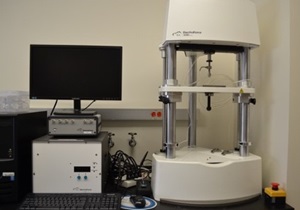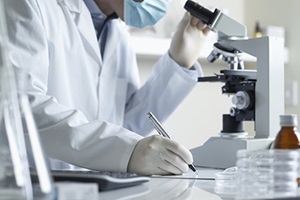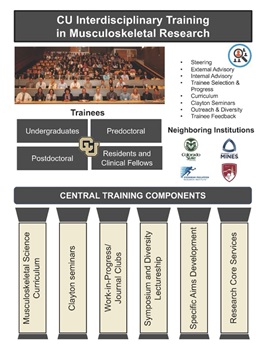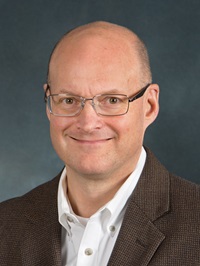University of Colorado, School of Medicine,
Leading Medical Education and Research
Welcome to the Colorado Program for Musculoskeletal Research
Thank you for visiting CU Orthopedic Research on the web! We are comprised of a core group of orthopedic faculty pursuing a cutting-edge basic, translational, and clinical study of the musculoskeletal system. Our research encompasses a broad array of topics: genetics of osteoporosis & scoliosis, bone biology, arthritis & joint biology, skeletal healing from the spine to limbs, stem cell biology & tissue engineering, growth plate injury & repair, brain injury-skeleton connections, and orthopedic pain management. Study in these contexts spans from the genetic to the organismal level --- from basic science investigations to clinical trials. We partner with an array of musculoskeletal investigators in various clinical and basic science departments across the 4 campuses of the CU system.
Our overarching mission is to collaboratively study and address the most important unmet needs in orthopedic care, and to nurture the next generation of orthopedic investigators by providing comprehensive training in musculoskeletal science.
We are supported by several elements of core infrastructure, including a Tissue and Molecular Imaging Facility, an Anatomic Imaging and Mechanical Testing Laboratory, a Metabolism Analysis Laboratory, and an Education Program. A Musculoskeletal Tissue and Nucleic Acid Biorepository is also under development that will serve the research community by biobanking discarded surgical material for future scientific study.
$37M
Sponsored Research Portfolio
151
Funded Research Studies
53
New Awards
46
Active Clinical Trials
We are comprised of a core group of orthopedic faculty pursuing a cutting-edge basic, translational and clinical study of the musculoskeletal system. Our research encompasses a broad array of topics: genetics of osteoporosis & scoliosis, bone biology, arthritis & joint biology, skeletal healing from the spine to limbs, stem cell biology & tissue engineering, growth plate injury & repair, brain injury-skeleton connections, and orthopedic pain management. Study in these contexts spans from the genetic to the organismal level --- from basic science investigations to clinical trials. We partner with an array of musculoskeletal investigators in various clinical and basic science departments across the 4 campuses of the CU system.

Anatomic Imaging and Micromechanics
Microcomputed Tomography: Researchers in the Department of Orthopedics have access to a new, state-of-the-art high-resolution CT scanner (Scanco μCT50, installed March of 2018), equipped with a 12-stage robotic carousel. Image data and computational results are stored via NFS archival on institutional servers, guaranteeing no loss of data and rapid retrieval. Images are acquired and analyzed on an HP Integrity server (rx2800 i4) with a 13.84 (8 x 1.73) GHz CPU, 64 GB RAM, and 20 TB of local RAID storage. Researchers have installed customized routines for high-throughput batch scanning and automated selection of regions of interest.
Lab Services

Our research endeavors cover a wide range of topics, including arthritis, joint degeneration, trauma-related issues, and postoperative care. Actively participating in clinical trials, collaborative studies, and advancements in surgical technology keeps our team at the forefront of orthopedic research. We are dedicated to translating research insights into practical, evidence-based solutions that directly benefit our patients.
At the University of Colorado, our commitment to research is integrated into our patient care. This ensures that individuals receive state-of-the-art treatments reflecting the latest advancements in the field. Our dedication to research not only contributes to the academic community but, more importantly, allows us to continually enhance the quality of care provided to our patients, offering them the best possible outcomes.
Learn More

The Colorado Program for Musculoskeletal Research NIH T32 (CPMR T32) will train Ph.D. candidates and postdoctoral fellows in diverse areas of musculoskeletal science spanning across the spectrum from basic science to translational/preclinical study, to clinical trialing. The CPMR T32 program provides a robust palette of educational programming that is aligned with cutting-edge research opportunities in bone and cartilage biology and disease, regenerative medicine, musculoskeletal development, biomechanics, mechanobiology, and musculoskeletal performance/pain management.
The training program provides a series of formalized education components that will support the seated trainees in parallel with a diverse group of unseated trainees spanning from the undergraduate level to clinical residents and fellows at all four University of Colorado campuses, as well as groups of trainees from our neighboring institutions in Colorado (CSU, SPRI, Mines, DU).

